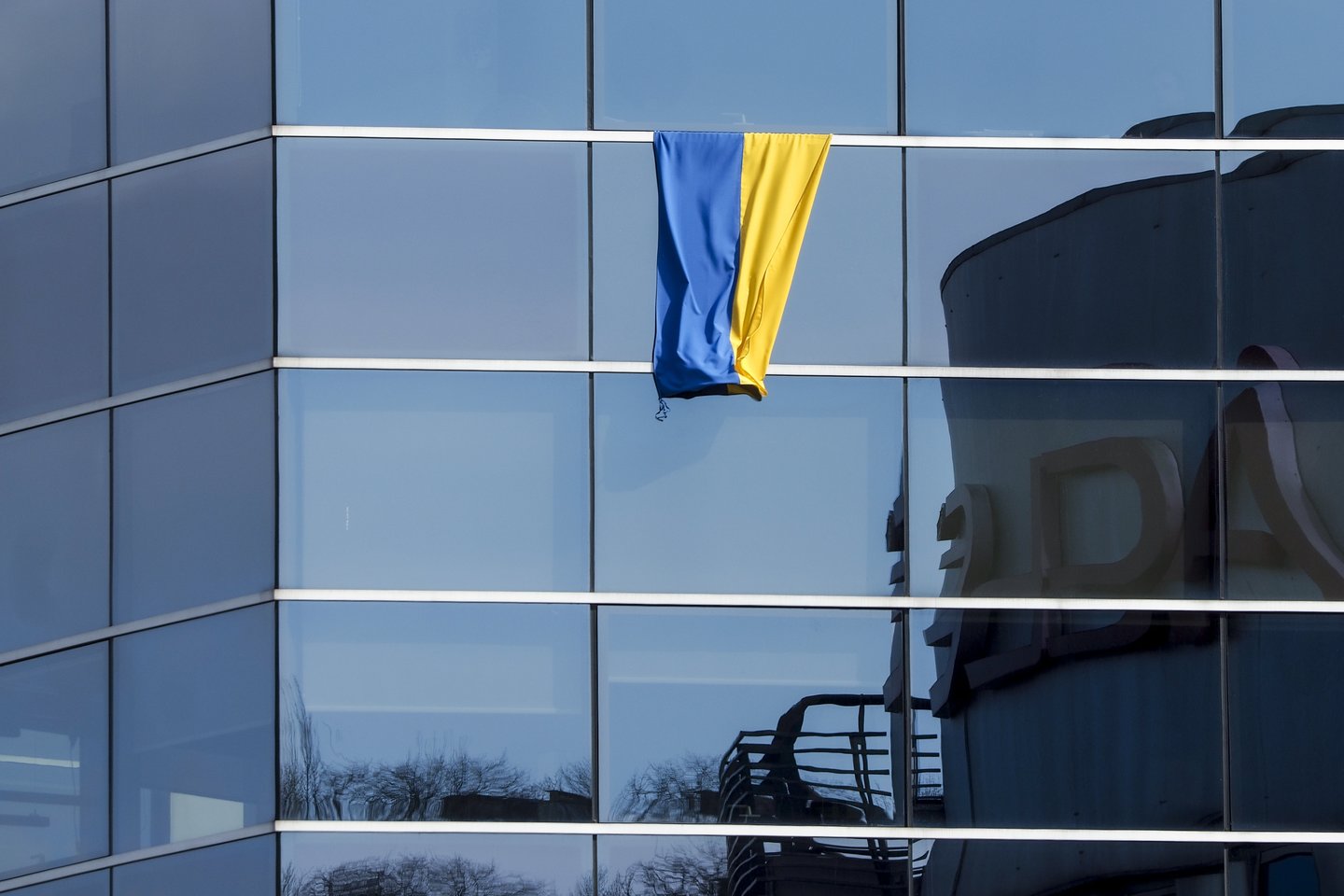MEP Rasa Juknevičienė welcomes this small step forward. "What is needed now is decision and courage. It was a courageous decision, legally sound, but very courageous. It is probably a new one in the democratic history of the world in general that all the money that has been frozen should no longer go back to Russia, whatever it may be, but should be used for Ukraine, either to help win this war or to rebuild Ukraine. 300 billion; imagine what that means? If Russia spent, last year, just officially, around EUR 100 billion on the war, then EUR 300 billion is a huge sum. Is that possible? Will it work? At the moment, as far as I know, there is an international group of the most eminent lawyers who have come together voluntarily and are trying to look for legal ways to make this possible, but I do not yet see any light at the end of the tunnel in terms of the total amount of money," MEP Juknevičienė said on the programme Living in Europe on Žinių Radijas.
However, the 2 billion in frozen interest on Russian assets is slowly moving towards a discussion on taking all of Russia's assets to the EU. "This is not a door opening, but the small window is already open," the MEP said.
The European Commission is proposing to use these funds to arm Ukraine. 90% of the funds would be allocated to a fund to cover the cost of acquiring arms for Ukraine, while the remaining 10% would be transferred to the EU budget and used to increase the capacity of Ukraine's defence industry. According to politicians, this proposal is still open to controversy because of the complexity of decision-making.
"The European Union is not a unitary state. Brussels itself, the European Commission, cannot take and decide; it is up to all the Member States to decide, and it must be unanimous. There are negotiations and conversations. Some neutral countries outside NATO identify themselves as neutral, so they do not want to spend money on war. There are all sorts of considerations, and there will be. Still, I am glad that Ursula von der Leyen is showing strong leadership, where her word and negotiating skills are very important in this case," Juknevičienė noted.
The long process is about more than finding legal solutions; it is about the doubts of neutral countries and the possible Russian response. Some businesses that continue to operate in Russia are afraid of facing the same reaction from Moscow. Businesses also influence politicians. "Many countries, including Lithuania, have the same option, with the same Visvaldas Matijošaitis, but it is essential from other countries where money is frozen.
Most of the Russian money is frozen in Germany and Belgium. Their companies are still working in Russia, and there is that fear of the same response from Russia. It is still an unresolved issue. Businesses in the EU countries have not completely withdrawn from Russia", said Ms Juknevičienė on Russia's response to Ukraine's use of the frozen assets. The fact that European Union companies are still continuing to work in Russia may continue to trip up politicians in making the bold decision to allocate frozen Russian assets to Ukraine. Equally, there are concerns about the investment climate that such a decision would create.

